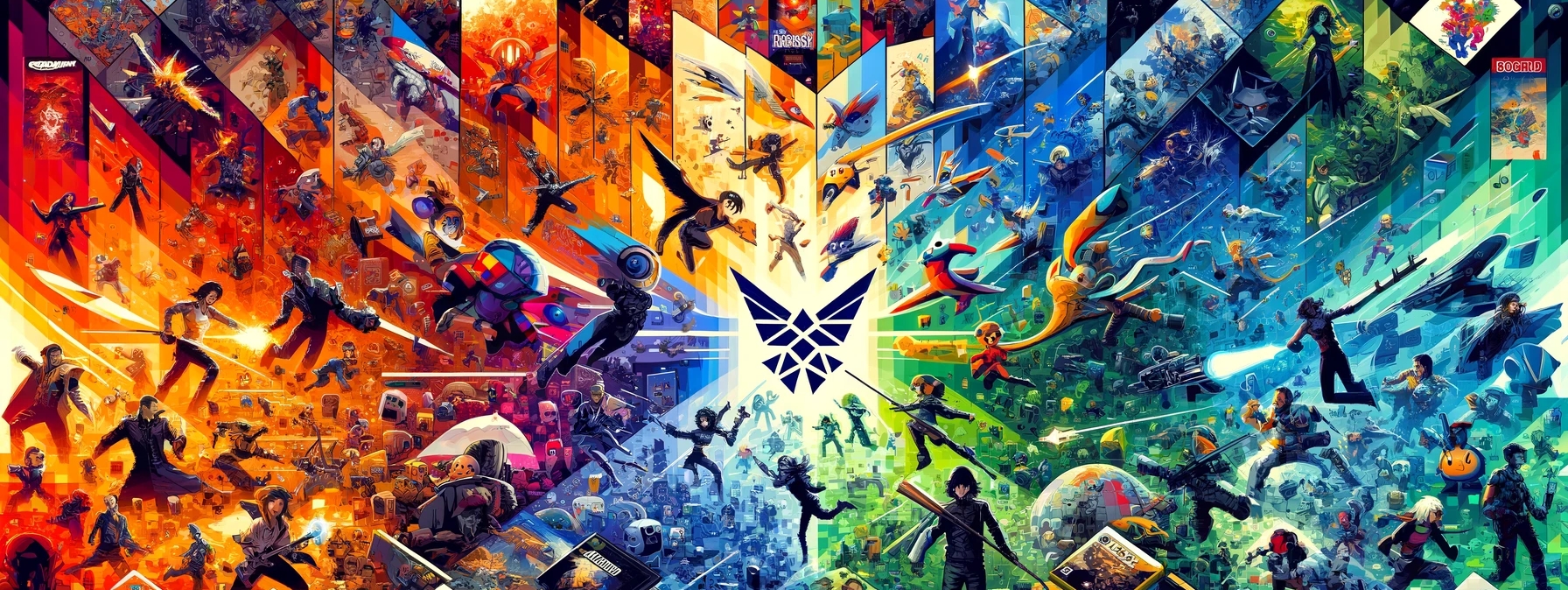
Creating video games is an exciting and intricate process that combines creativity, technical skills, and project management. However, beginners often encounter common pitfalls that can hinder their progress or affect the quality of their games. Here are ten common mistakes new game developers make and how to avoid them:
1. Overlooking the Planning Phase
Mistake: Jumping straight into coding without a clear plan or design document. Solution: Spend time on pre-production. Develop a game design document that outlines your game’s concept, mechanics, story, and art style. This will serve as a roadmap and help keep your project focused and organized.
2. Underestimating Scope
Mistake: Starting with a project that’s too ambitious for a beginner or a small team. Solution: Keep your first projects small and manageable. Focus on completing a game, even if it’s a simple one. This approach helps you learn the entire development cycle and gives you a sense of accomplishment.
3. Neglecting the Importance of Gameplay
Mistake: Focusing too much on graphics or story at the expense of gameplay. Solution: Ensure that the core gameplay is fun and engaging before polishing other aspects. Playtest early and often to gather feedback and refine gameplay mechanics.
4. Ignoring the Target Audience
Mistake: Developing a game without considering who will play it. Solution: Identify your target audience early in the development process. Understand their preferences and design your game to meet their expectations and interests.
5. Failing to Iterate Based on Feedback
Mistake: Ignoring feedback or being resistant to making changes based on playtesting. Solution: Embrace feedback and be willing to iterate on your game’s design. Use playtesting as an opportunity to discover what works and what doesn’t, and adjust accordingly.
6. Not Learning Basic Project Management
Mistake: Poor time management and unrealistic deadlines. Solution: Learn basic project management skills. Use tools like Trello or Asana to organize tasks and set achievable milestones. This will help keep your project on track.
7. Relying Too Much on External Assets
Mistake: Overusing assets from asset stores, leading to a game that feels generic or disjointed. Solution: While using external assets can save time, try to customize them or create your own to give your game a unique identity. Balance efficiency with originality.
8. Neglecting Sound Design
Mistake: Leaving sound design as an afterthought. Solution: Invest in quality sound design early. Good music and sound effects can significantly enhance the player’s immersion and emotional connection to the game.
9. Overlooking Optimization
Mistake: Not considering game performance and optimization from the start. Solution: Regularly test your game on different devices and optimize as you go. This includes managing asset sizes, optimizing code, and ensuring your game runs smoothly across various platforms.
10. Giving Up Too Easily
Mistake: Getting discouraged by setbacks or the amount of work required. Solution: Game development is challenging and requires perseverance. Set realistic goals, celebrate small achievements, and learn from failures. Remember, every developer starts somewhere, and persistence is key to success.
By avoiding these common mistakes, new game developers can improve their workflow, enhance the quality of their games, and increase their chances of success in the competitive gaming industry. Remember, game development is a journey of continuous learning and improvement.




